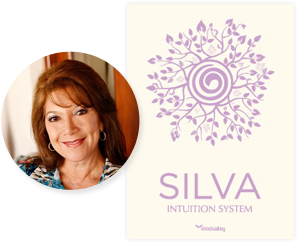“Out beyond ideas of wrongdoing and rightdoing,
there is a field. I’ll meet you there.
When the soul lies down in that grass,
the world is too full to talk about.
Ideas, language, even the phrase ‘each other’ doesn’t
make any sense.” – Rumi https://mountainsangha.org/each-other-doesnt-make-any-sense/
My second remark comes from having attended a dharma talk by Sr Annabel this morning in PV. Thay has a toothache and has gone to Lyon for treatment, so she gave the dharma talk instead, and interestingly, she spent quite a lot of it on the first (of 14) mindfulness training.
In fact, she began by talking about relaxation, and later on it became clear why, as the four elements of Applied Ethics are relaxation, being able to notice and enjoy the life-giving things around and inside of us, being able to transform suffering, and the awareness of the ground of being in which everything is rooted.
Her discussion of the 1st mindfulness training was a reflection of the 4th element. She noted that theistic religions tend to say things like ‘god is good,’ which immediately implies an opposite, ie ‘the devil is bad,’ and she stated that we need to be able to go beyond dualistic thinking. The Buddhist view is that everything is grounded in a neutral ground of being, that is neither good nor bad. As humans we need to be able to distinguish between wholesome and unwholesome, skilful and unskilful, but we also need to be able to go beyond these distinctions and back to the ground of being from which they arise.
Sr Annabel gave one example, which is that our trainings are permeated with the value of protecting life, ie not killing. Yet there are situations where we need to be able to go beyond that. The example she gave was of someone suffering unbearable pain with no outlook of improvement. In this situation helping that person to terminate his or her life would be the compassionate and wise thing to do, to alleviate and prevent more suffering.
This is the heart of the 1st mindfulness training, the capacity to go beyond set concepts and ideas (and policies), and to be flexible and open-minded to our here and now reality, and from that perspective decide what the most appropriate course of action is, for as long as our motivations are love, understanding, and minimizing suffering. These decisions are in almost all cases a matter of individual insight and wisdom, and however much it sometimes may seem handy to rely on a “policy,” would often get in the way.
I strongly feel that we, as an OI-collective, need to be vigilant in embodying and practising the 1st mindfulness training, which Thay has called the Lion’s Roar. This Oi-community list is one venue where we can practice it.






